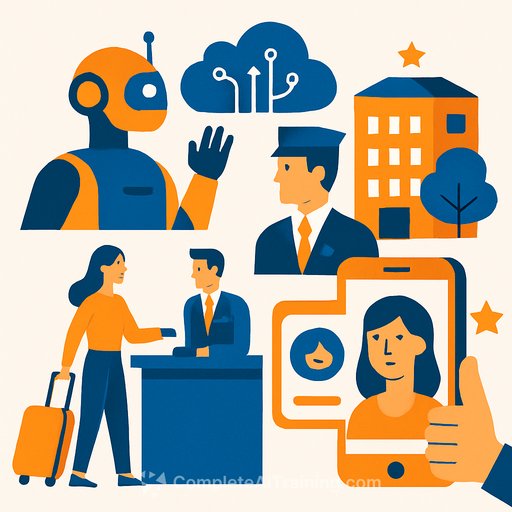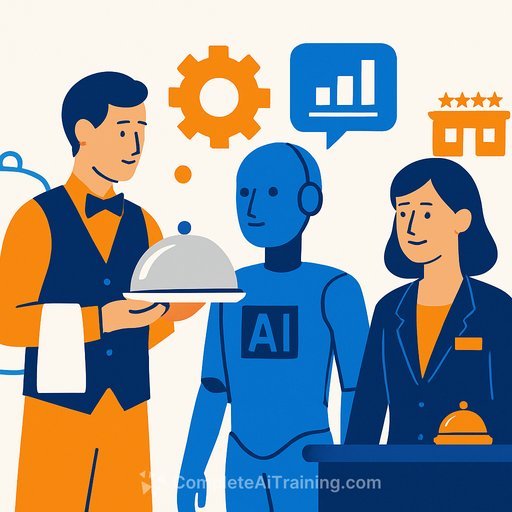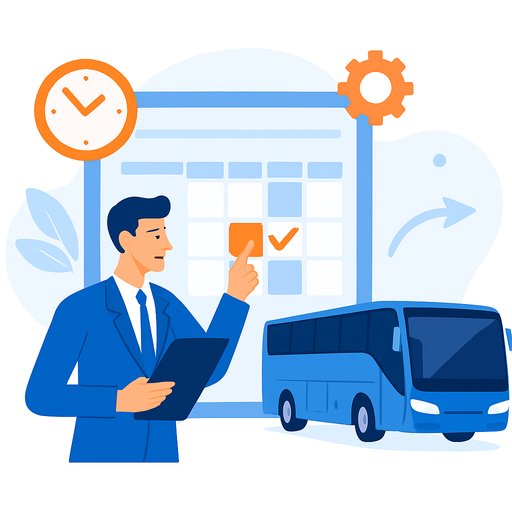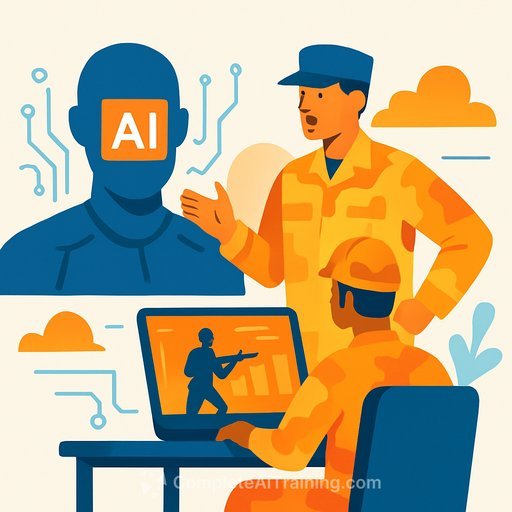Marriott Bets on Cloud-Native Platforms, AI Agents, and Unified Guest Data to Power Smarter Hotel Operations
Marriott International is advancing a multiyear digital transformation focused on modernizing its systems through cloud-native platforms and generative AI. The company is beta-launching new central reservations, property management, and loyalty platforms at six properties, with plans to roll them out more broadly over the next 18 months.
Global CIO Naveen Manga describes Marriott’s approach as building an “agentic mesh” — a shared orchestration layer within its AI architecture. This setup allows AI capabilities developed once to be reused across different functions, increasing efficiency and consistency. While prototypes exist, active AI agent pilots have not yet begun. Marriott is moving forward carefully, guided by a governance framework that emphasizes trust, accountability, prioritization, and human-centered innovation.
Automation and AI Across Operations
Beyond guest-facing systems, Marriott is automating high-cost and manual back-of-house processes. They are piloting Microsoft 365 Copilot for thousands of associates to improve productivity. Generative AI is also used in SEO content creation, contact center coaching, and experimental trip-planning tools for Bonvoy members.
Security is a priority following past breaches. Marriott is strengthening its cybersecurity and privacy measures by aligning AI use with strict governance and ethical standards. This is especially important as industry analysts predict that over 40% of enterprise AI projects may fail by 2027.
Industry Peers Take Different Paths
Hyatt is focusing on guest-facing digital experiences and unifying guest data. Working with Slalom, Hyatt revamped its “World of Hyatt” mobile app to offer seamless stay management, amenity access, and service requests through a mobile-native interface. This led to an 80% increase in booking revenue via the app in the first month.
Hyatt also consolidated guest data on Snowflake’s platform, enabling staff to deliver personalized experiences using real-time analytics and natural language processing. Unlike Marriott, Hyatt is not publicly pursuing agentic AI but is emphasizing mobile engagement and data-driven personalization.
Accor is undertaking a broad transformation with Deloitte’s partnership. They deployed a cloud-based AI-enhanced telephony platform in seven contact centers with over 2,000 lines. This platform allows bots to handle routine inquiries while humans address complex issues, improving responsiveness and operational efficiency.
Accor has migrated more than half of its applications to AWS, achieving 66% faster response times and reducing its data-center carbon footprint by 80%. They also embed generative AI in customer-facing tools like their AWS-backed Travel Assistant, applying automation across front- and back-of-house functions.
What This Means for Hotel Operations
These initiatives show how top hospitality companies are overhauling their technology foundations. Marriott’s strategy stands out for embedding reusable AI capabilities into a cloud-native architecture, aiming for flexibility and scalability. Hyatt prioritizes a mobile-first, data-rich guest experience to drive engagement and revenue. Accor focuses on scaling AI-driven automation and efficiency in contact centers and customer interactions.
For operations professionals, these examples highlight key trends:
- Cloud-native systems provide the agility needed for phased rollouts and integration.
- Reusable AI frameworks can reduce development time and operational complexity.
- Data unification enables personalized service and smarter decision-making.
- Automation can cut costs in manual processes while improving responsiveness.
- Strong governance ensures AI deployments maintain trust and security.
As the hospitality industry advances, operational leaders will need to balance automation with human insight, adopt AI thoughtfully, and choose strategies that align with their guest experience goals and efficiency targets.
For those interested in building skills around AI and automation in operations, exploring specialized training can provide a practical edge. Learn more about relevant courses at Complete AI Training.
Your membership also unlocks:





